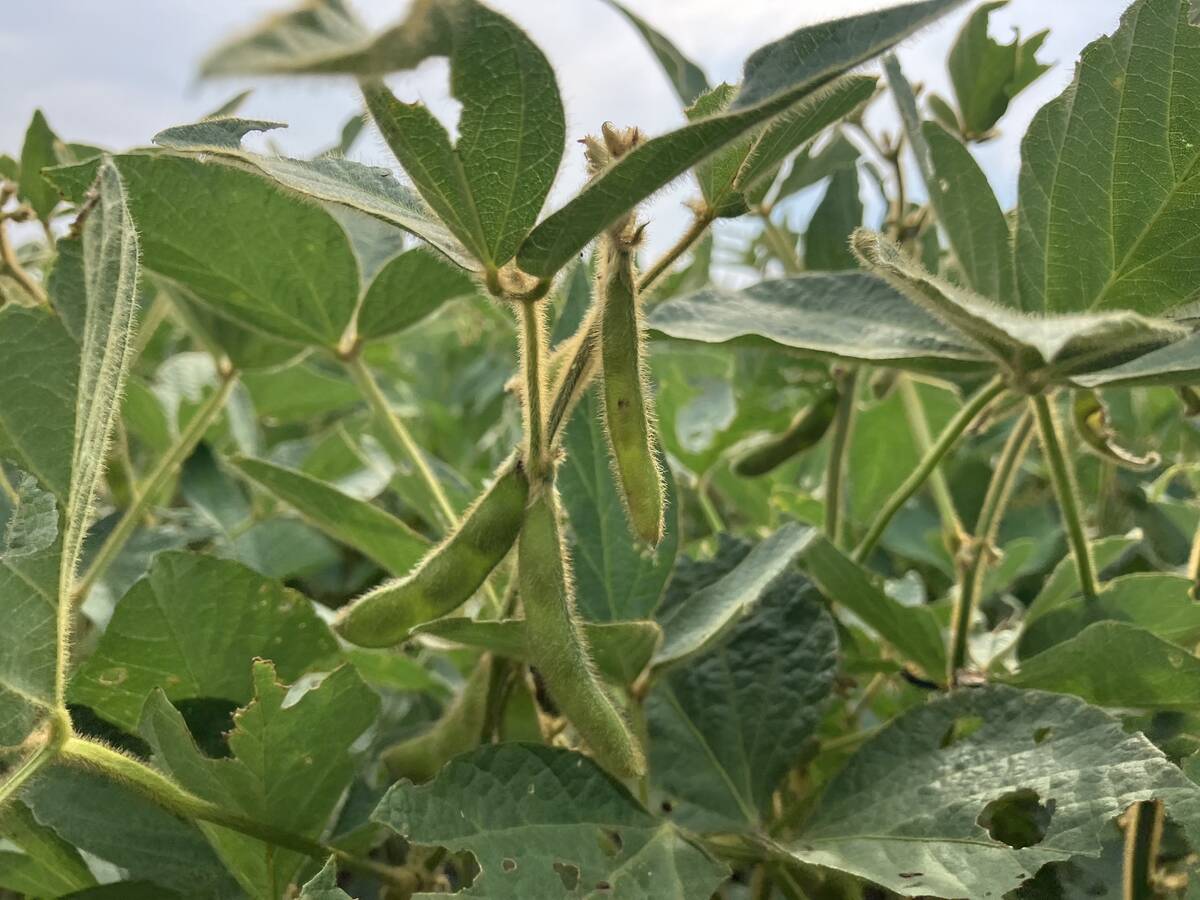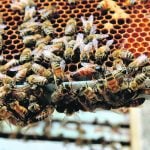A former Canadian agriculture trade negotiator says rebuilding the international body would take time, but is necessary
OTTAWA — A rebuilt World Trade Organization would benefit agriculture, says long-time Canadian trade negotiator Steve Verheul.
He, like most, believes the WTO is fundamentally broken and said agriculture is losing out because of that.
“Agriculture in particular, probably more than most sectors, has the potential to benefit a lot from the WTO because it’s the only place to address subsidies. It’s the only place to address export subsidies. It’s the only place to address those cross-cutting issues, because you never get at those in any bilateral or regional agreement,” he said in an interview.
Read Also

U.S. loses out on sales of soybean to China
U.S. soybean exporters risk missing out on billions of dollars worth of sales to China this year as trade talks drag on and buyers in the top oilseed importer lock in cargoes from Brazil.
One of the biggest agricultural trade issues is trying to obtain a level playing field, and that can’t happen without a functioning WTO, he said.
Canada is a mid-sized country trading with much larger partners and relies on trade rules to be able to do so. Fixing the WTO is possible, he said.
“I think we have no choice but to try to rebuild it,” Verheul said.
“And if that does mean starting off with smaller groups of like-minded countries and trying to build from there, that’s probably the best way to do it, but there’s not short-term solution to this. It’s got to be rebuilt because right now it is very badly damaged.”
Scrapping the existing WTO and starting over is not an option because the basic underpinnings of the organization still work and should be left alone, he said.
“Beyond that, we’ll probably never get unanimous agreement, as the WTO requires, on bold, new ambitious approaches. So I think we’ll see more and more what they’re calling pluralateral agreements, where you’ve got a handful of countries that are signing on to something and the others can sign on if they want to or not,” Verheul said.
The WTO could get back on track if the United States stopped blocking appointments to the appellate boards for dispute settlements.
However, he said there is another difficult issue at play — the tension between the U.S. and China and the U.S. and India.
“The gaps among countries are just much larger than they were in the past when we actually built the WTO. Some of those could be insurmountable,” he said.
Verheul was Canada’s chief agricultural negotiator between 2003 and 2009 and the country’s chief negotiator from 2017-21 when the new U.S.-Mexico-Canada Agreement was reached.
He told the Canadian Federation of Agriculture annual meeting Canada must work with allies, keep politics out of agreements and continue to sign bilateral deals with like-minded countries.
Bilaterals have more weaknesses than multilaterals but are generally working.
Meanwhile, the USMCA could be up for renegotiation in 2026, depending on what the parties do.
By July 1 of that year each country has to confirm, in writing, if they want the deal to continue as is. If one country decides not to formally commit, Verheul said, “we’re into a world of uncertainty.”
That would mean the agreement must be reviewed annually until something changes or it expires in 10 years.
Verheul said many expect the U.S. to push for changes.
“I think our hope is that there will be bigger issues that countries are focused on and this will be a little bit under the radar, but I think that’s wishful thinking,” he said. “The one issue that really concerns me is that I keep hearing rumblings, particularly out of the Trump camp, that they may try to overturn some of the dispute settlement decisions through the review.
“We’ve seen the U.S., maybe more than most other countries, becoming less attached to the rules of law if it interferes with their domestic objectives.”


















